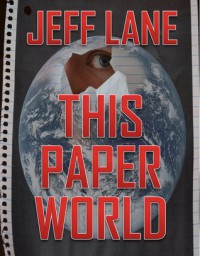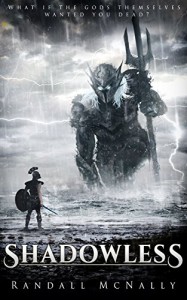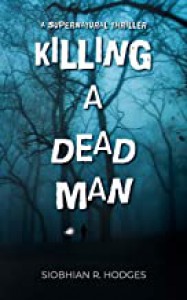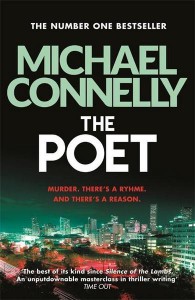

Another triumph from indie author Jane Davis in this gloriously gritty novel that engages head-on with a post-war London struggling to re-boot itself and wider society, amid ongoing privations. Against this authentic backdrop, the dawning realisation that Britain needed to change and to challenge former ingrained inequalities, particularly the structural disadvantage of women, is deftly explored by the author, through the lived experiences of three fictional women in the 1950s. Moreover the reader discovers that Caroline, Ursula and Patrice are each held hostage by their very different respective circumstances and perceptions of duty to family (parents, children, husband). Such traditional values are also cleverly juxtaposed with the tragic real-life story of Ruth Ellis, the last woman to be hanged in the UK. The sensationalised accounts of her crime carried in the press at the time (Ellis shot her lover, killing him) succeeded in vilifying Ellis, but drew a veil over the scandalous and violent behaviour of the ‘innocent’ male victim.
The format of the book reflects multiple points of view and rotates between the key characters’ perspectives. Indeed, it sounds like the start of a joke, the hostess, the actress and the duchess, but despite the disparity in their social positions, their common experience of abuse (financial, emotional and physical) at the hands of men, is something of a leveller. But for quirks of chance, all three might not be so far removed from the fate awaiting Ruth Ellis, yet they are drawn inexorably together, bonded by a shared sense of being social misfits. The intertwining of their journeys also offers touching examples of support, without judgement.
Far from being a tale of ‘doom and gloom’, the writing is sumptuous and though perhaps not intended as a feminist commentary on the period, the author has provided the reader with a genuine depiction of a society in transition and three strong and courageous female characters equal to their time.
Indeed, time, as measured for the nation by the iconic notes of ‘Big Ben’, provides a wonderful symmetry to this book. From August 1949, when the bongs failed to appear on cue, to July 1955 when sections of London held their collective breath in anticipation of the nine o’clock salvo, the author locates each of the women and enables the reader to follow their discrete but convergent journeys. It is true there are no male role models to speak of, which perhaps begs the question whether the period also presided over the demise of ‘gentlemanly’ conduct, or leastways diminished capacity to do the ‘right’ thing? But, the dilemmas the book exposes and the moral conundrums posed make for a fascinating and stimulating read, irrespective of the reader’s gender.

 2
2


















 1
1












